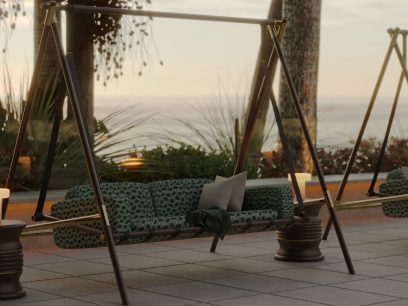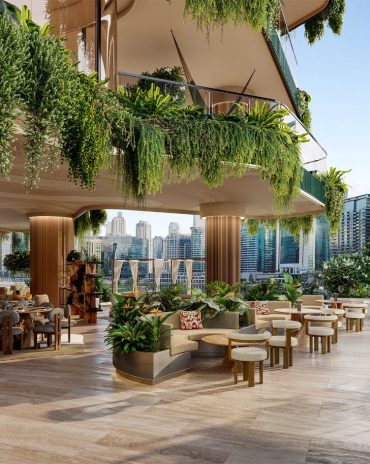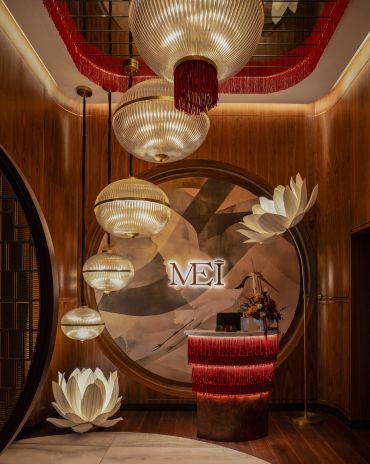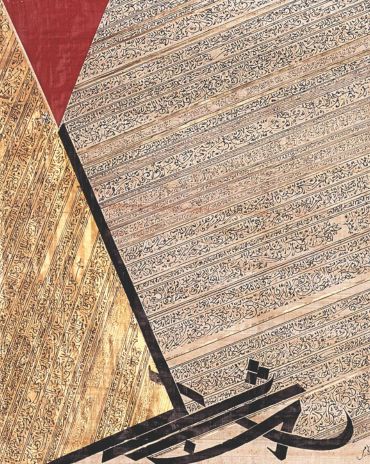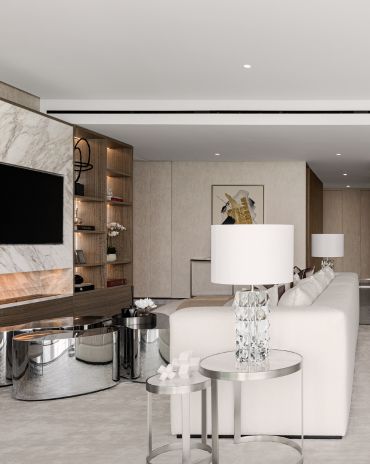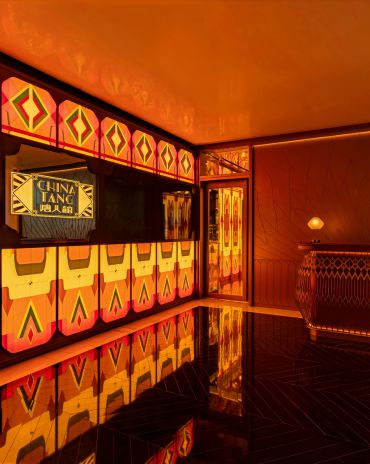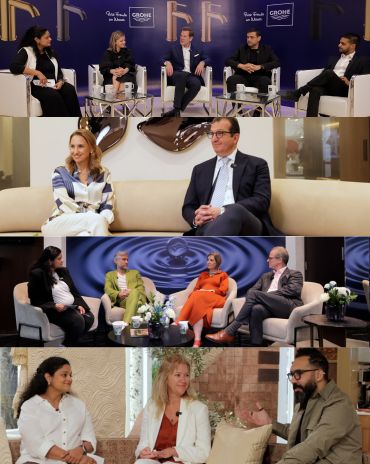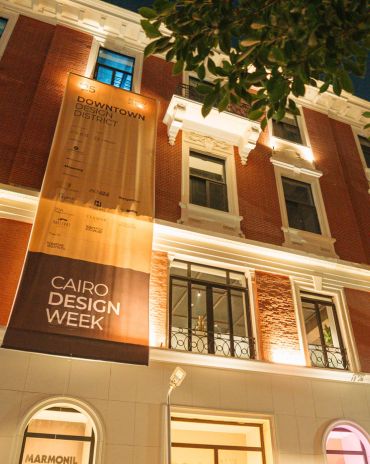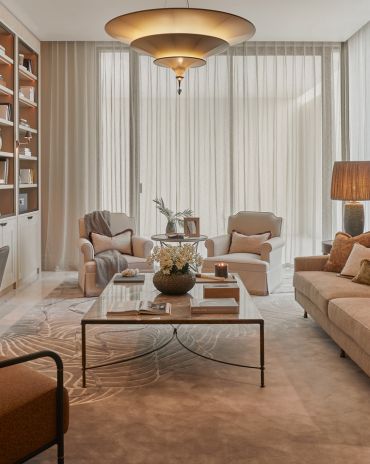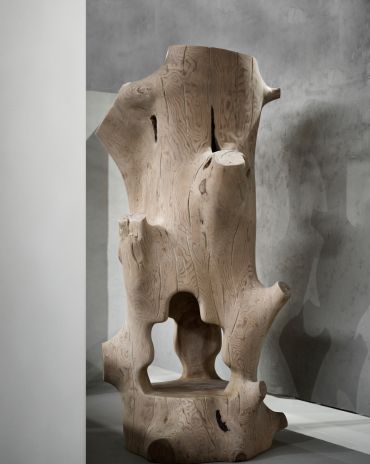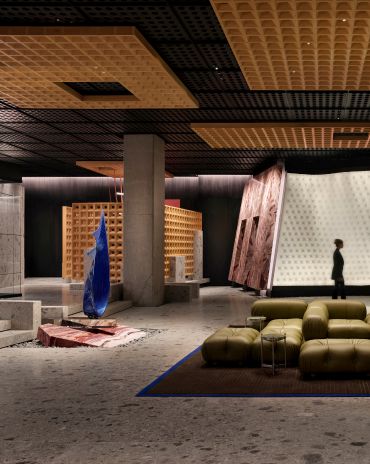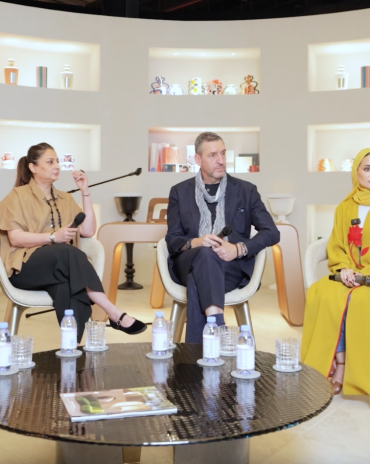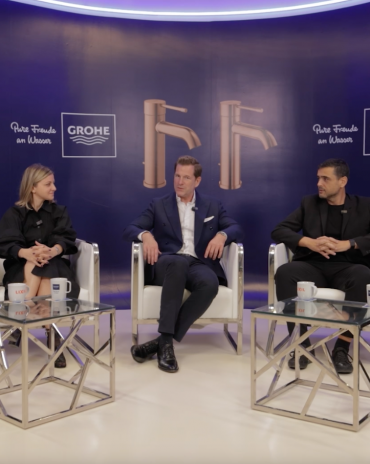Copyright © 2025 Motivate Media Group. All rights reserved.
WAYOUT’s minimally designed showroom aims to educate residents about the importance of water security
Their innovative water system converts any type of source water into drinking water
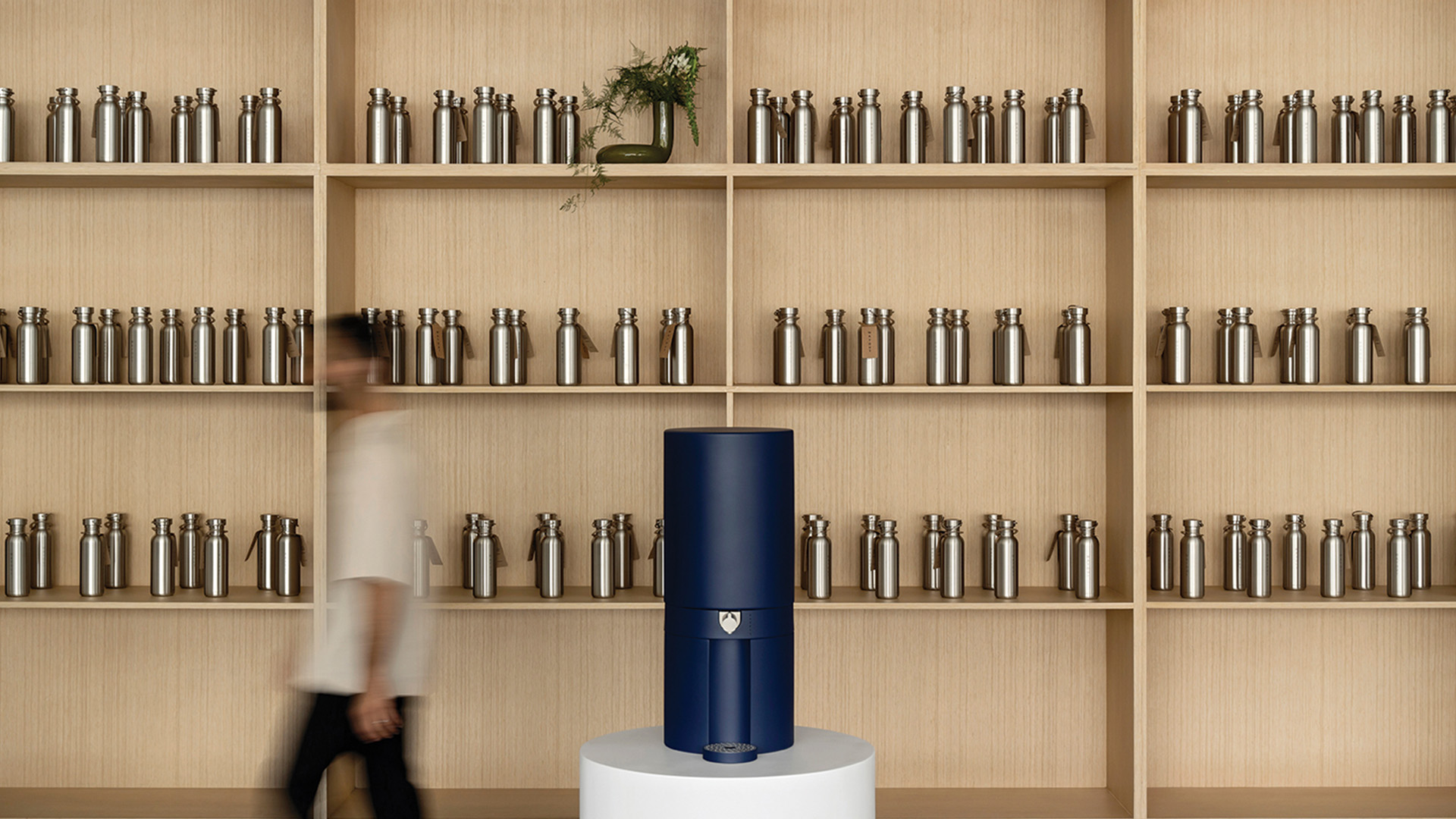
In recent years, the UAE has demonstrated substantial growth in its economy, population and development across a wide variety of sectors – from education to infrastructure and urban development – and yet it faces impending challenges when it comes to water resources and security, currently relying on desalination plants to supply 42% of its drinking water. Its ‘UAE Water Security Strategy 2036’ programme – launched in 2017 – aims to ensure safe drinking water by addressing not only long-term supply and accessibility issues, but also the water security challenges of the years ahead.
Enter WAYOUT, a Swedish water tech company that recently set up its first international outpost in Dubai’s Alserkal Avenue – with a site-specific global showroom designed by Dubai- and Stockholm-based sa|design studio, led by Shad Askari, and inspired by its sustainable technology and east-meets-west approach.
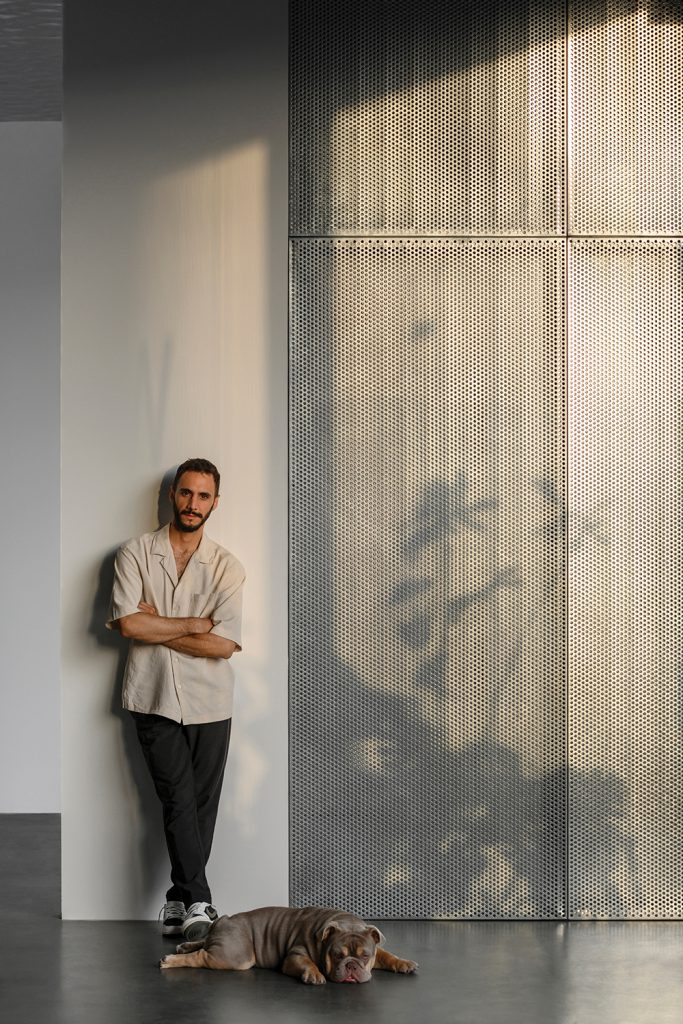
WAYOUT’s innovative water system converts any type of source water into drinking water, with a purification, distribution and dispensation system that has also been developed to reduce the use of plastic bottles and the overall carbon footprint. According to the brand, a single WAYOUT system produces up to 20,000 litres of mineral water a day – enough to provide 10,000 people with their daily drinking water – while simultaneously preventing up to 13 million plastic bottles and 1,400 tonnes of CO₂ from entering the ecosystem yearly.
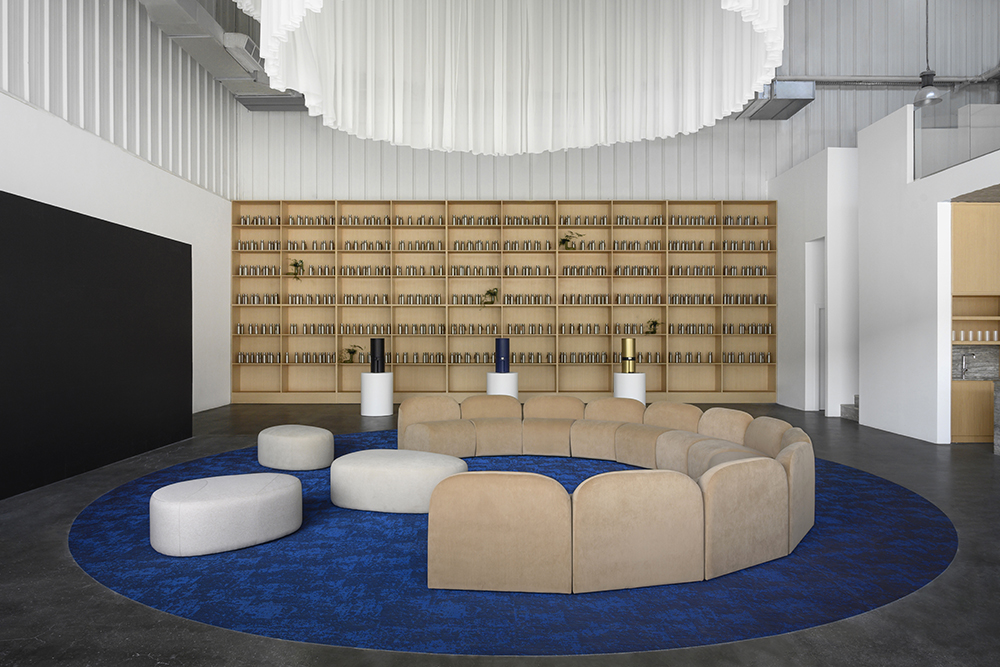
By installing digitised eco-friendly water systems in various neighbourhoods in the city (which are 100% locally sourced and include smart pods and kegs), the aim is to transform the area’s water supply by working with local water users, communities and experts to help accelerate the progress of water production in the region.
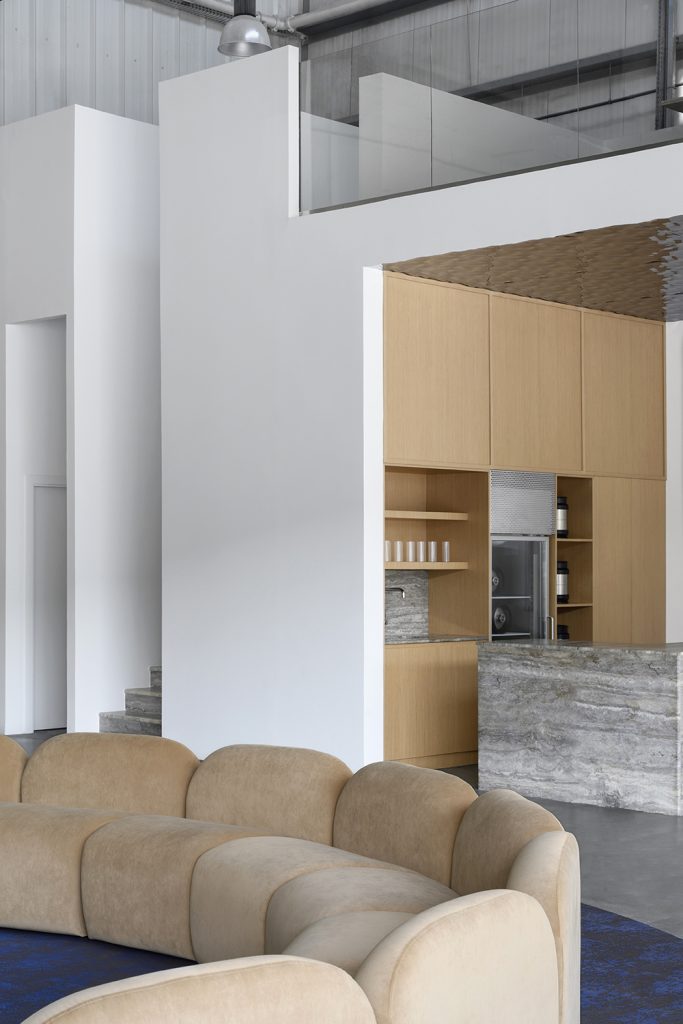
The showroom itself is set opposite the brand’s outdoor micro-factory where kegs are cleaned and refilled with drinking water, and which features a stainless steel façade that was the first point of inspiration for the interiors. The use of this material continues from the outdoors to the entrance tunnel that leads inside the showroom, creating a sense of continuity. A ripple-effect ceiling feature continues the metaphor of water inside. “Water itself is very sexy so [we decided] to implement it in the design as a [defining] element,” says Askari, who also cites the Swedish mountains and deep forests as other points of inspiration, in addition to the brand’s sustainability values. Many of the items in the minimally designed and furnished space are custom-made, including a table on the mezzanine floor (which doubles as a work and meeting space) made from recycled wooden floor tiles from Kährs by Nordic Homeworx.
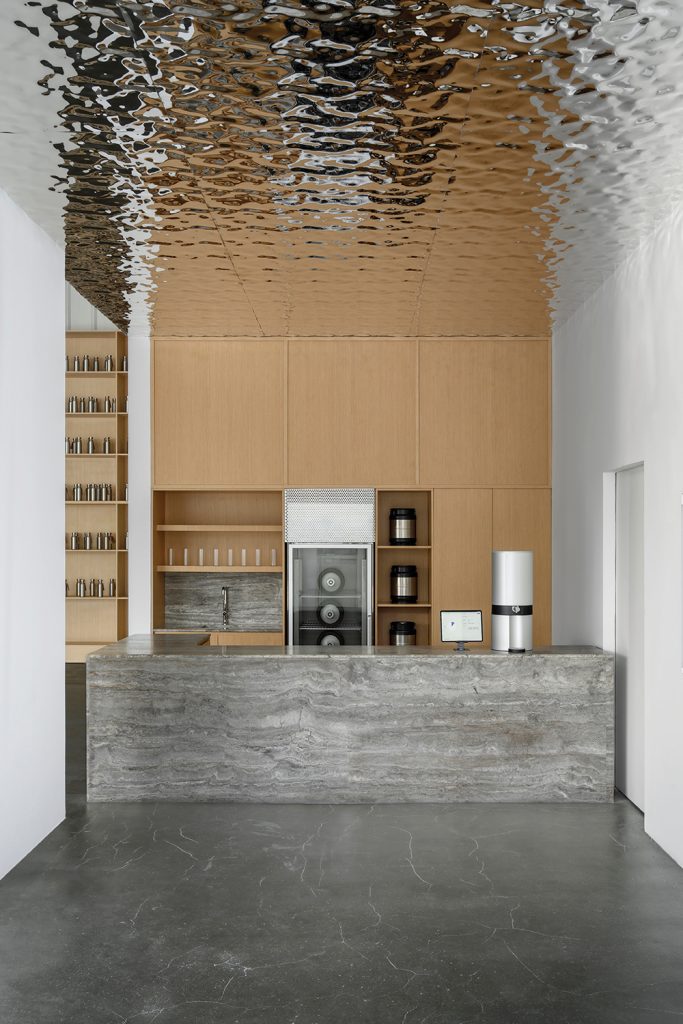
In the centre of the room is a 12-seater semi-circular sofa and pebble-like poufs set under a Bolon rug. Above, a series of lightweight fabrics hangs like an abstract curtain. Askari explains that it was designed to add to the water elements in the space, whether interpreted as a rain cloud or, more technically, a filtration system. In the centre of the room is a 3×6-metre screen that doubles as an education tool for visitors.
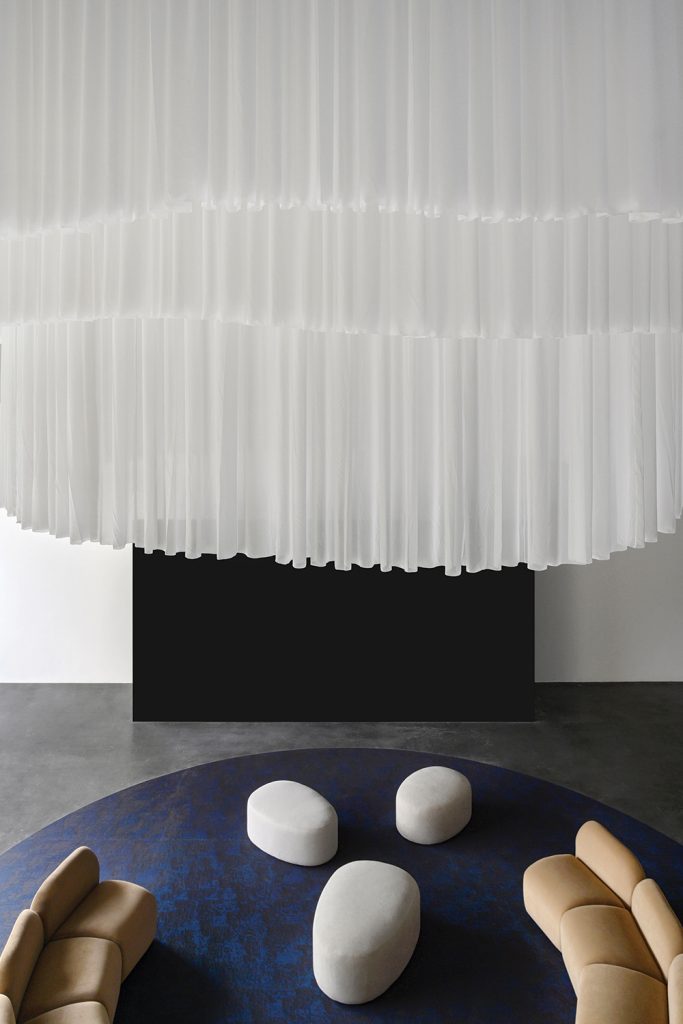
While design elements are kept to a minimum, the new space sets out to do what was intended, which is to educate more people about the importance of water.
Photography by Natelee Cocks
The Latest
How Eywa’s design execution is both challenging and exceptional
Mihir Sanganee, Chief Strategy Officer and Co-Founder at Designsmith shares the journey behind shaping the interior fitout of this regenerative design project
Design Take: MEI by 4SPACE
Where heritage meets modern design.
The Choreographer of Letters
Taking place at the Bassam Freiha Art Foundation until 25 January 2026, this landmark exhibition features Nja Mahdaoui, one of the most influential figures in Arab modern art
A Home Away from Home
This home, designed by Blush International at the Atlantis The Royal Residences, perfectly balances practicality and beauty
Design Take: China Tang Dubai
Heritage aesthetics redefined through scale, texture, and vision.
Dubai Design Week: A Retrospective
The identity team were actively involved in Dubai Design Week and Downtown Design, capturing collaborations and taking part in key dialogues with the industry. Here’s an overview.
Highlights of Cairo Design Week 2025
Art, architecture, and culture shaped up this year's Cairo Design Week.
A Modern Haven
Sophie Paterson Interiors brings a refined, contemporary sensibility to a family home in Oman, blending soft luxury with subtle nods to local heritage
Past Reveals Future
Maison&Objet Paris returns from 15 to 19 January 2026 under the banner of excellence and savoir-faire
Sensory Design
Designed by Wangan Studio, this avant-garde space, dedicated to care, feels like a contemporary art gallery
Winner’s Panel with IF Hub
identity gathered for a conversation on 'The Art of Design - Curation and Storytelling'.
Building Spaces That Endure
identity hosted a panel in collaboration with GROHE.

